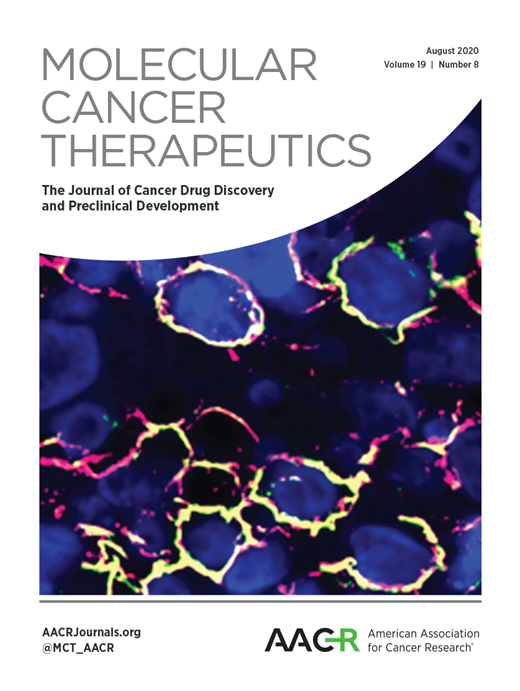CDK4/6 inhibitors are a class of targeted therapy that has proven effective in the treatment of estrogen receptor-positive (ER-positive) breast cancer. These inhibitors, such as palbociclib, ribociclib and abemaciclib, work by selectively blocking the activity of cyclin-dependent kinases 4 and 6 (CDK4/6), which are key proteins involved in cell division.
While CDK4/6 inhibitors have shown significant clinical benefits in ER-positive breast cancer, the development of resistance can limit their long-term effectiveness. Understanding these mechanisms of resistance is crucial for developing strategies to overcome or prevent resistance to CDK4/6 inhibitors.
Combination therapies, such as combining CDK4/6 inhibitors with other targeted agents or immunotherapies, are being explored to address resistance and improve patient outcomes. Additionally, ongoing research aims to identify predictive biomarkers that can help identify patients who are more likely to respond to CDK4/6 inhibitors and avoid resistance.
The Witkiewicz-Knudsen research team is using pre-clinical models and leveraging a clinical study to define means to enhance the response to CDK4/6 inhibitors and define biomarkers that could be used to delineate the duration of response and potentially guide next therapeutic strategy.
See the science
- Knudsen ES, et al. Real-World Experience with CDK4/6 Inhibitors for Metastatic HR+/HER2- Breast Cancer at a Single Cancer Center. Oncologist. 2022 Aug 5;27(8):646-654. doi: 10.1093/oncolo/oyac089.
- Kumarasamy V, et al. Functional Determinants of Cell Cycle Plasticity and Sensitivity to CDK4/6 Inhibition. Cancer Res. 2021 Mar 1;81(5):1347-1360. doi: 10.1158/0008-5472.CAN-20-2275.
- Roberts PJ, et al. Chemotherapy and CDK4/6 Inhibitors: Unexpected Bedfellows. Mol Cancer Ther. 2020 Aug;19(8):1575-1588. doi: 10.1158/1535-7163.MCT-18-1161.
Contact the Witkiewicz-Knudsen Lab
Department of Molecular and Cellular Biology
Roswell Park Comprehensive Cancer Center
Elm and Carlton Streets
Buffalo, NY 14263
